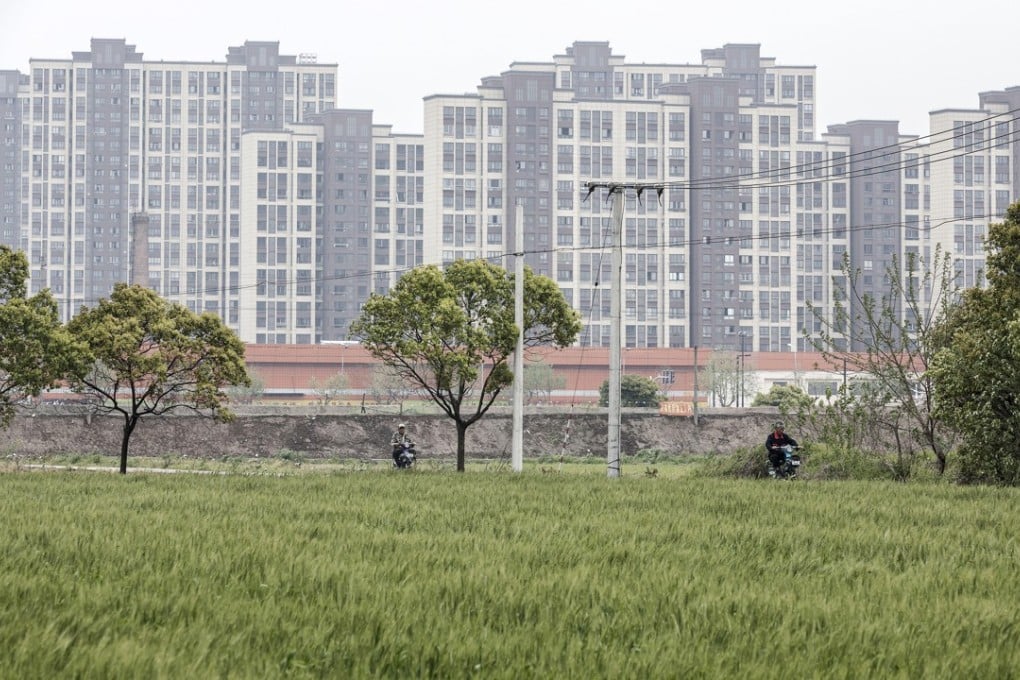China green lights asset-backed securities linked to rental property
China Young Professional Apartments, a Beijing-based condominium operator, has won approval to issue 270 million yuan worth of securities collateralised by rental property

A decision by the Shenzhen Stock Exchange last week enabling one rental apartment operator to issue asset-backed securities may reflect a turning point in the industry’s push for financial innovation, including the eventual establishment of real estate investment trusts (reits), according to experts.
China Young Professional Apartments (CYPA), a Beijing-based condominium operator catering to urban professionals in first-tier cities, won approval to issue 270 million yuan (US$41 million) worth of securities backed by its rental flats.
China’s securities regulator over the past two years has approved a number of asset-backed securities (ABS), giving developers and asset-owners an alternative financing channel.
However the asset approval granted to CYPA is the first to be backed by rental properties for public distribution.
Mofang, a Shanghai-based rental apartment company backed by Warburg Pincus, in January issued asset-backed securities through a private placement.